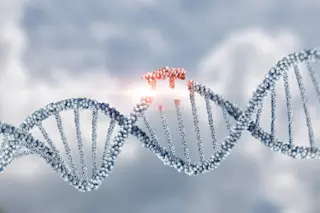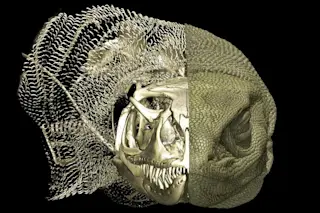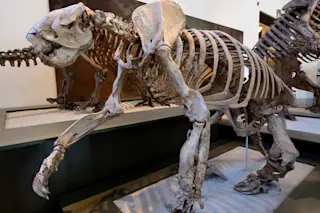I'm interviewing Elaine Ecklund for Point of Inquiry today (the show airs Friday), and here's one thing I'm definitely going to ask her. Prior to Ecklund's study, the most prominently cited study of religious beliefs among elite scientists that I know of was by Edward Larson and Larry Withham in Nature in 1998. They surveyed members of the U.S. National Academy of Sciences, and found that only 7 percent embraced a belief in God. At the time, this result got a lot of news attention, and it continues to be discussed today--e.g., in Richard Dawkins' The God Delusion. Ecklund's findings are very different--she gets 36 percent belief in God, and 50 percent religiosity among scientists at elite universities (the difference is apparently due to the large percentage of scientists who claim some type of religious identity but do not believe in God; many are Jewish). I want to know the reason for this large apparent divergence in findings. Some possible explanations: The ten year gap between the two studies; the greater age of NAS members; different polling questions, or different definitions of religion; Ecklund's inclusion of social scientists in her study, where Larson/Withham only polled natural scientists. Or perhaps there's something inherent in getting to the level of NAS member that selects for more strongly atheistic scientists than merely getting a post at a top university. If anyone has an answer--or cares to speculate--leave a comment below....
Ecklund vs Larson & Witham on Religion Among Elite Scientists
Discover insights from the Elaine Ecklund interview on the surprising beliefs of elite scientists and their religious identities.
More on Discover
Stay Curious
SubscribeTo The Magazine
Save up to 40% off the cover price when you subscribe to Discover magazine.
Subscribe












